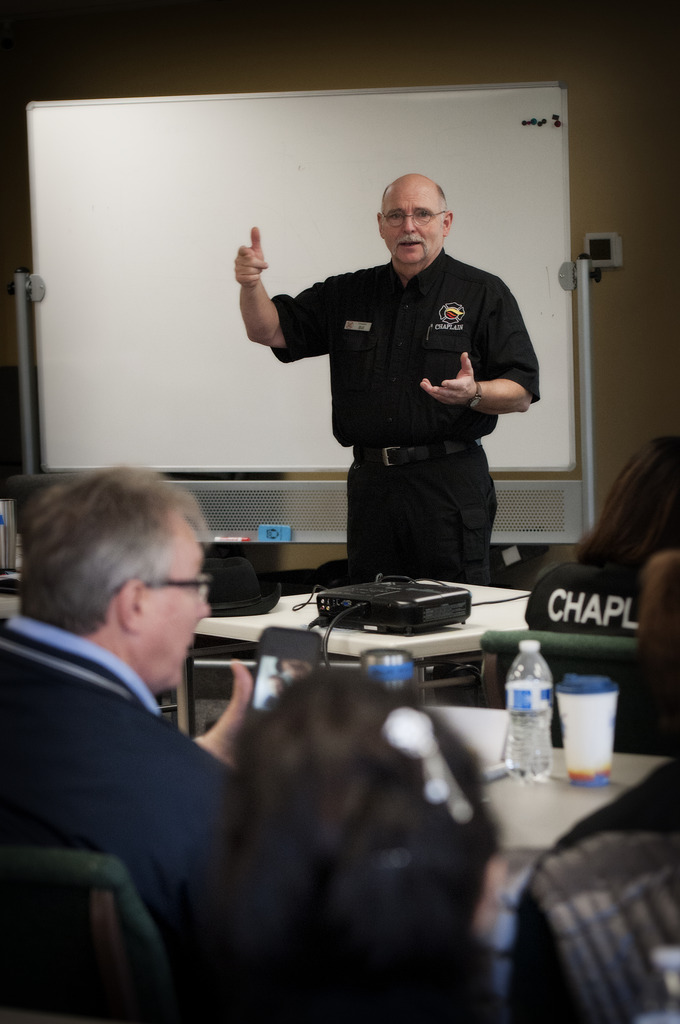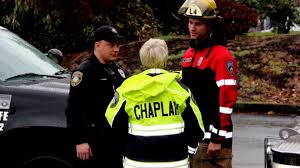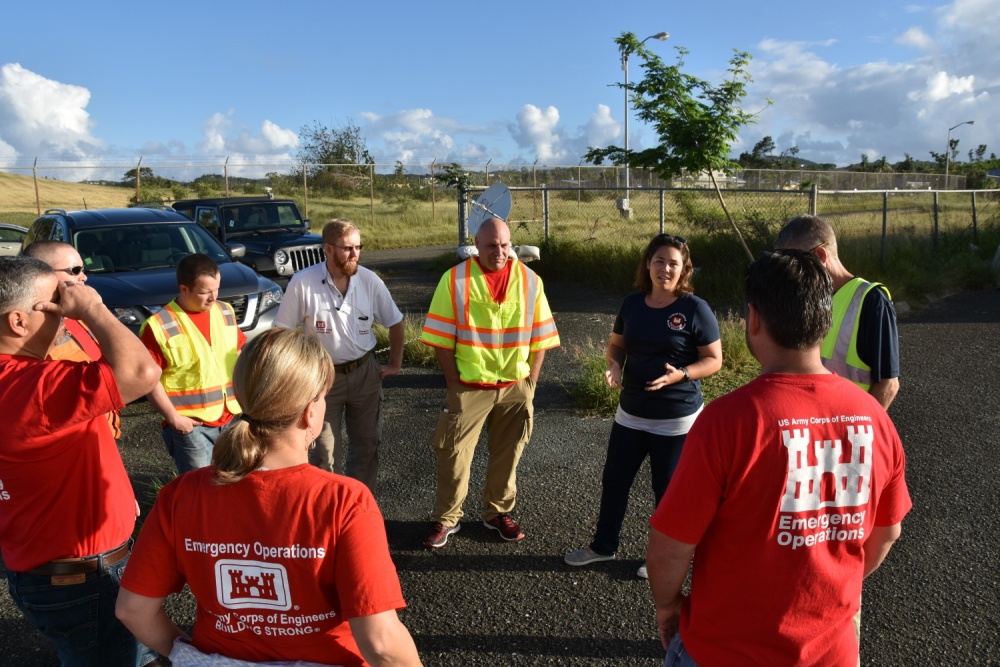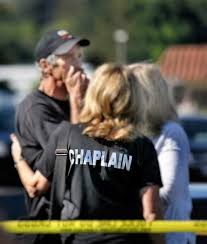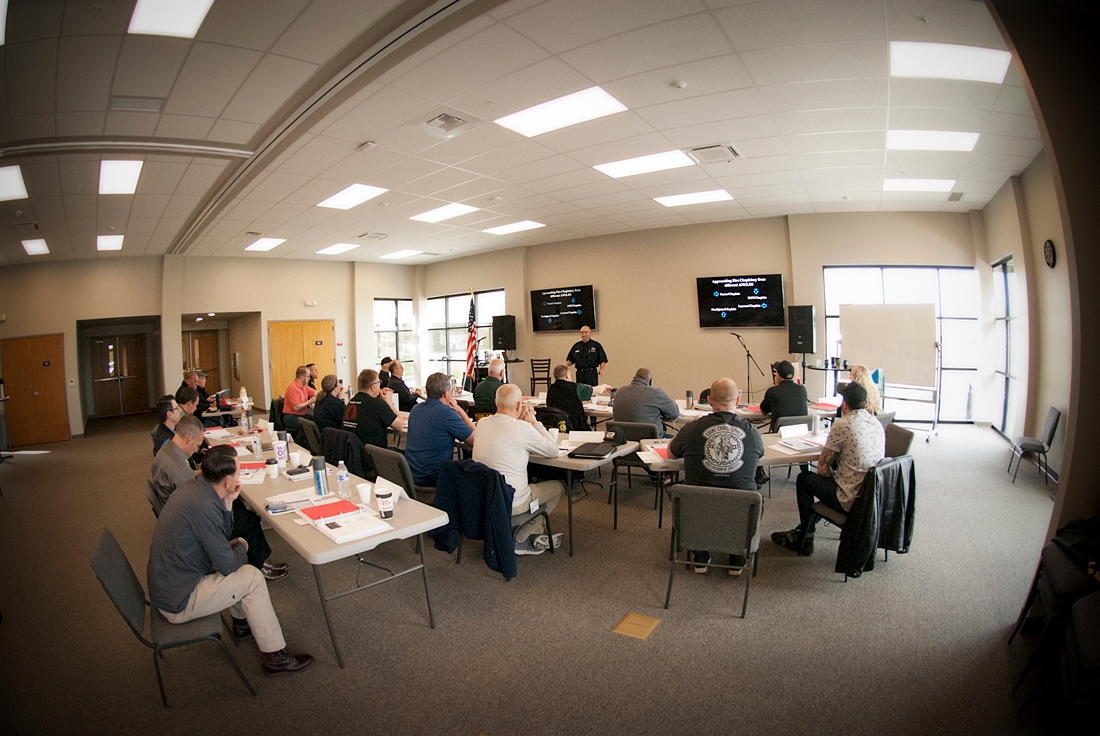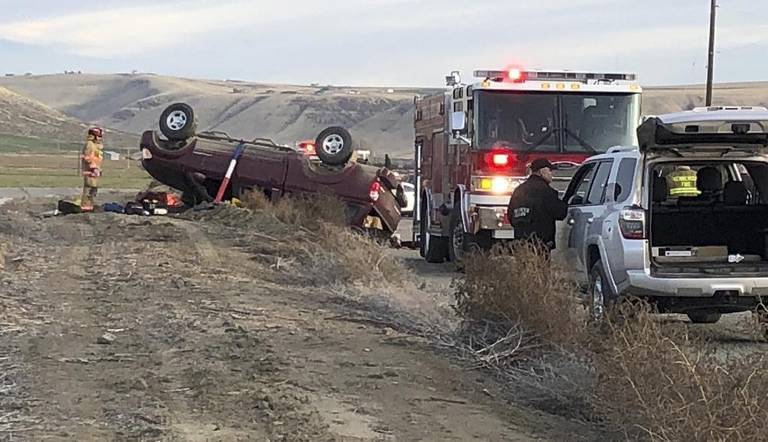Recruit and train volunteer fire/rescue and police chaplains
The director meets with potential volunteer chaplains to explain the job responsibilities, ministry opportunity, training, and accountability. Regular meetings with all volunteer chaplains provide job training, skill improvement, and personal support.
Provide support to fire/rescue and law enforcement personnel
The director and volunteer chaplains visit fire and police departments regularly for informal discussions during regular personnel duties, or individual appointments. Emergent crisis interventions are also made with personnel who have experienced a traumatic event or life challenge on or off duty.
Coordinate and train a Critical Incident Stress Management team
This team responds to critical incident stress needs of emergency services personnel throughout SE Washington State. The team may be called upon at any time to provide group or individual stress interventions with emergency personnel including fire, EMS, police, rescue, dispatch and hospital. They may also serve schools, businesses, public agencies, churches and other groups, as well.
Provide community crisis victim response
Whenever a life threatening medical emergency or serious structure fire occurs in Benton and Franklin Counties, a fire/rescue chaplain from CSN is dispatched to the scene. The chaplain stays on scene as needed to build a network of appropriate support around the crisis victims, providing a strong foundation for the recovery process.
Provide educational opportunities
The director and approved members of CSN travel regionally and throughout North America teaching Fire/Rescue and Police Chaplaincy, Critical Incident Stress Management and related topics to Emergency Services personnel, clergy, chaplains, healthcare workers, mental health professionals, and other related groups.
Our Modus Operandi
Chaplain Services Network responders aim to express God’s love for people through helping to meet the basic needs of crisis victims. We strive to meet the victim where they are physically, emotionally, cognitively, behaviorally, and spiritually/religiously; to work from the victim’s frame of reference, not from that of the chaplain or responder.

